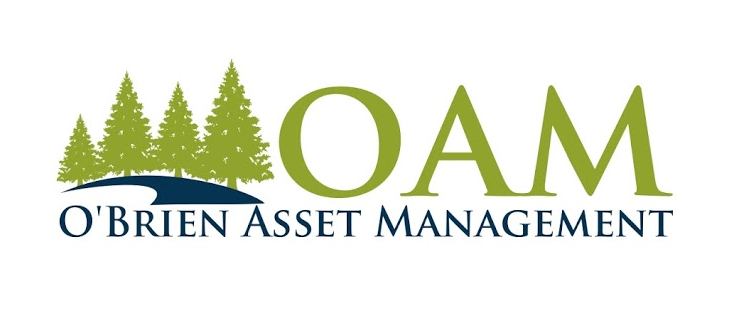If you do your personal banking at one of the large national banks, you've seen your fees for basic services creep up over the past couple of years. In their struggle for profitability, these banks are putting the squeeze on their customers.
One way to counteract this is by joining a credit union (CU). Credit unions can offer friendlier terms on loans and fees because they are member-owned, not-for-profit institutions, so they are exempt from federal income taxes. You qualify for membership if you have a "common bond," such as where you live, work, attend school, or worship. You may also qualify due to an affiliated association, or because a family member belongs. You can find one in your area by clicking here.
How much can you save? The rate on new car loans at CUs recently averaged 3.4 percent, or 1.5 percentage points lower than at banks. On credit cards the rate was 1.4 percent lower. And because CUs are not-for-profit, you will not encounter all the monthly maintenance fees that have become prevalent at larger institutions.
Your deposits are safe because they are federally insured by the National Credit Union Administration up to $250K per account, similar to FDIC insurance for banks. The biggest drawback could be that CUs are local. If you do a lot of traveling you may want the option of visiting a branch wherever you go. In that case, it would be advantageous to keep your savings in a CU with its higher rates and lower costs, and your checking account at a traditional bank.
